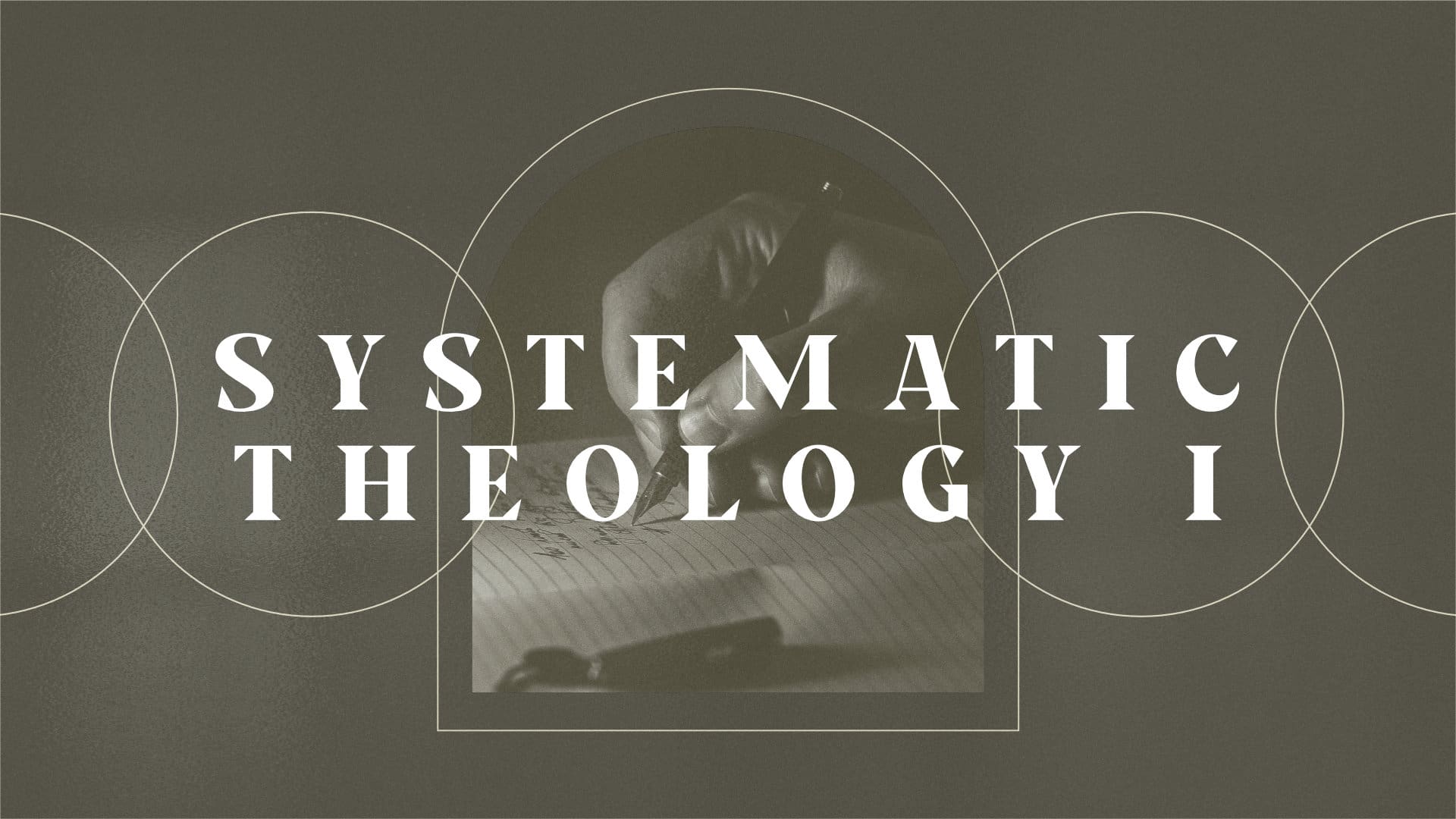God’s intention for humanity was perfect communion with Him, each other, and His creation. However, sin caused a cosmic disruption in each of those relationships.
Teacher – Travis Satterfield
The Nature of Sin
Alienation and Reconciliation
- One way to understand what happened when sin entered God’s “very good” creation is the idea of alienation or estrangement.
- God’s intention for humanity was perfect communion with him, each other, and his creation. However, sin caused a cosmic disruption in each of those relationships.
- Between Humanity and God – Because of sin, we offend God by corrupting his image in ourselves and violating his image in others.
- Between Humanity – Because of sin, we offend others by our pride and selfishness.
- Between Humanity and Nature – Because of sin, the natural world has become hostile to our flourishing, and we make it either a commodity or an idol.
- This helps us understand why throughout the Biblical narrative God’s plan for salvation is spoken of in the Bible as a work of reconciliation.
What Is Sin?
- While the Bible describes sin in many ways, one of the most significant descriptions of sin is in the Hebrew word khata and the Greek word hamartia, both of which literally mean “to miss the mark.”
- This gives us deeper insight into what the Apostle Paul means when he teaches us that: “for all have sinned and fall short of the glory of God,” (Romans 3:23)
- “Missing the mark” can happen in one of two ways:
- Sins of Commission – Doing something God commands not to do.
- Sins of Omission – Failing to do something God commands to do.
Privation and Negation
- Our sinfulness now characterizes our human nature.
- Privation – a lack of what is good
- In our sinfulness, we are deprived of holiness and righteousness.
- Negation – a denial of what is good
- In our sinfulness, we refuse to seek holiness and righteousness. Sin must be defined by the standard which it fails to meet.
- Privation – a lack of what is good
- We can only understand our unrighteousness by understanding Gods’ righteousness.
The Consequences of Sin
- In order to describe the nature and impact of sin on humanity, theologians have developed the idea of original sin.
- Original sin does not refer specifically to Adam and Eve’s first disobedience. Rather, it describes our sinful condition out of which our sinful actions come.
- Augustine explained the idea of original sin by comparing Adam and Eve to the rest of humanity.
- Adam and Eve were created posse peccare (with the ability to sin) as well as posse non peccare (with the ability to not sin).
- However, at the fall humanity lost posse non peccare and became non posse non peccare (without the ability to not sin).
- Sometimes we live in a way that is in accordance with God’s law, but even then, our motives are not pure. (Isaiah 64:6; Romans 2:14-16)
- This is why the life of Christ is so infinitely important—God became human to do what all humanity has been unable to do, specifically to live a sinless life.
The Transmission of Sin
- In Romans 5:12-20, the Apostle Paul describes how sin came into the world by Adam, was passed down through Adam’s descendants, and is resolved in the sinless life of Jesus Christ.
- “Therefore, as one trespass led to condemnation for all men, so one act of righteousness leads to justification and life for all men.” Romans 5:18
- Theologians often refer to this parallel between Adam and Jesus as federal headship, the idea that the actions of a representative serve for all those represented.
- “For as in Adam all die, so also in Christ shall all be made alive.” 1 Corinthians 15:22 We are all born into the family of Adam, and so we inherited Adam’s sinfulness.
- Nevertheless, when we are born again (John 1:12-13; 3:3-8) into the family of God, we inherit Jesus’ righteousness. (2 Corinthians 5:21)
The Solution for Sin
- Divine justice requires a payment for human sinfulness.
- There is a popular misconception that God in the Old Testament is malicious and wrathful, while God in the New Testament gracious and loving.
- However, we find the most profound instance of God’s wrath in the New Testament. At the cross, we see God’s wrath for our sinfulness poured out on Jesus Christ.
- What God in his righteousness requires, in his love he provides. (Romans 5:8)












